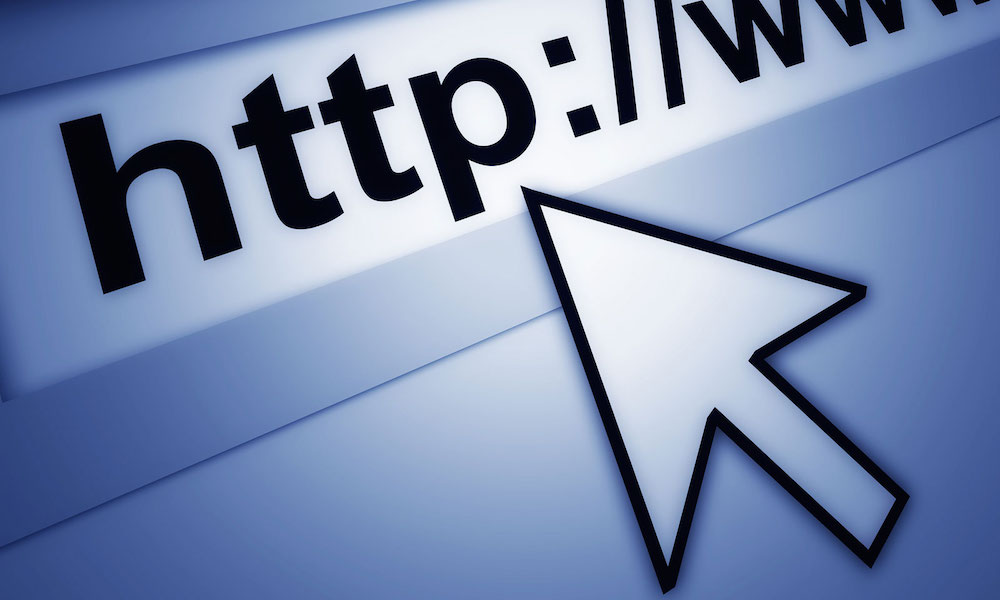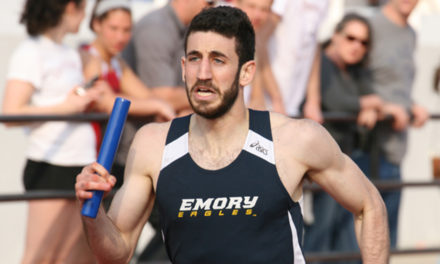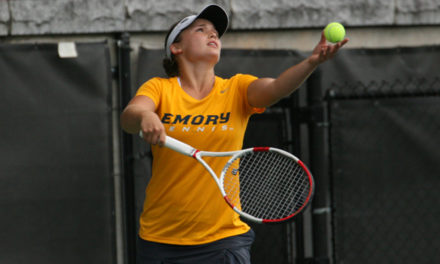Before we all get too excited for March Madness, it’s time we divert all the energy — that for the last few weeks went toward arguing about the Super Bowl — to something a little off the beaten path for sports fans: net neutrality.
Yesterday, the Federal Communications Commission (FCC) passed new net neutrality regulations that protect the flow of content on the internet and ban Internet Service Providers (ISP) from asymmetrically allowing access to legal content and instituting service discrimination.
Specifically, the regulations disallow ISPs from charging users for speedier content and slowing down content from providers that compete with ISPs.
The FCC regulations treat the Internet as a public utility, as they do with telecommunication providers.
I’m about to explain why you, an avid sports fan, should care.
Say you frequent ESPN. You visit the website every morning when you wake up, receive alerts and game updates on your smartphone, and watch videos of game highlights after every major game. Now, say your ISP is Time Warner Cable.
ESPN is jointly owned by Disney Media Networks and the Hearst Corporation.
If net neutrality did not exist, Time Warner Cable could slow down the videos that are streamed on ESPN for you because it heavily competes with Disney Media Networks and the Hearst Corporation, all of which are mass media corporations.
On the other hand, ESPN.com visits are not the only thing at stake.
According to billionaire investor and Dallas Mavericks owner Mark Cuban, who himself made a fortune from a web broadcasting company, the FCC regulations have implications for network television.
He argues that open Internet would change television as we know it, because it is made up of all data bits equally, whether they be Internet content or television content.
If open Internet applies to television (because television technology now digitally transfers data in a similar way that Internet technology operates), Cuban says service providers would not be able to prefer cable users over Internet users, potentially leading to buffering on televisions. Additionally, the government regulations could require consumers to purchase new equipment.
Keep in mind that this is not the first time that the FCC and the world of sports have crossed paths.
What is now affectionately referred to as “Nipplegate” caused a legal mess when the Super Bowl XXXVIII halftime show featured a close-up of Janet Jackson’s breast due to a wardrobe malfunction.
The FCC subsequently called for an investigation into the halftime show, which led to Viacom being charged with more than $500,000 worth of fines. This decision was met with widespread disapproval, both by the FCC investigation’s opponents and supporters.
So as we can tell, the FCC has not had an uneventful history with sports fans.
As such, you should be considering a few things when deciding whether to support net neutrality.
First, should the FCC have the right to regulate the Internet? Is the Internet a public utility? And second, how does net neutrality affect your access to sports information?
How do you want your information delivered to you? How does fairness figure into all of this?
If you are a person who rarely engages with political issues, I don’t blame you. But this is an issue that not only directly affect sports fans but has the potential to be incredibly divisive.
If Cuban is right, then the pastime of live television sports is most likely in danger.
If the FCC is right, then we ought to be concerned with equal access to sports content.
Plus, for all you “League of Legends” fans, the subject of net neutrality has just as many implications for e-sports.
Correction 3/1 2:45 p.m.: The last sentence of this article was updated to read “has just as many implications for e-sports” from its original form, which read “has many implications for sports.” Also, quotes were included around “League of Legends.”
Rupsha Basu (16C) was the Emory Wheel's executive editor from 2015-2016 and served as the Wheel's news editor prior to that. She currently attends New York University School of Law.






